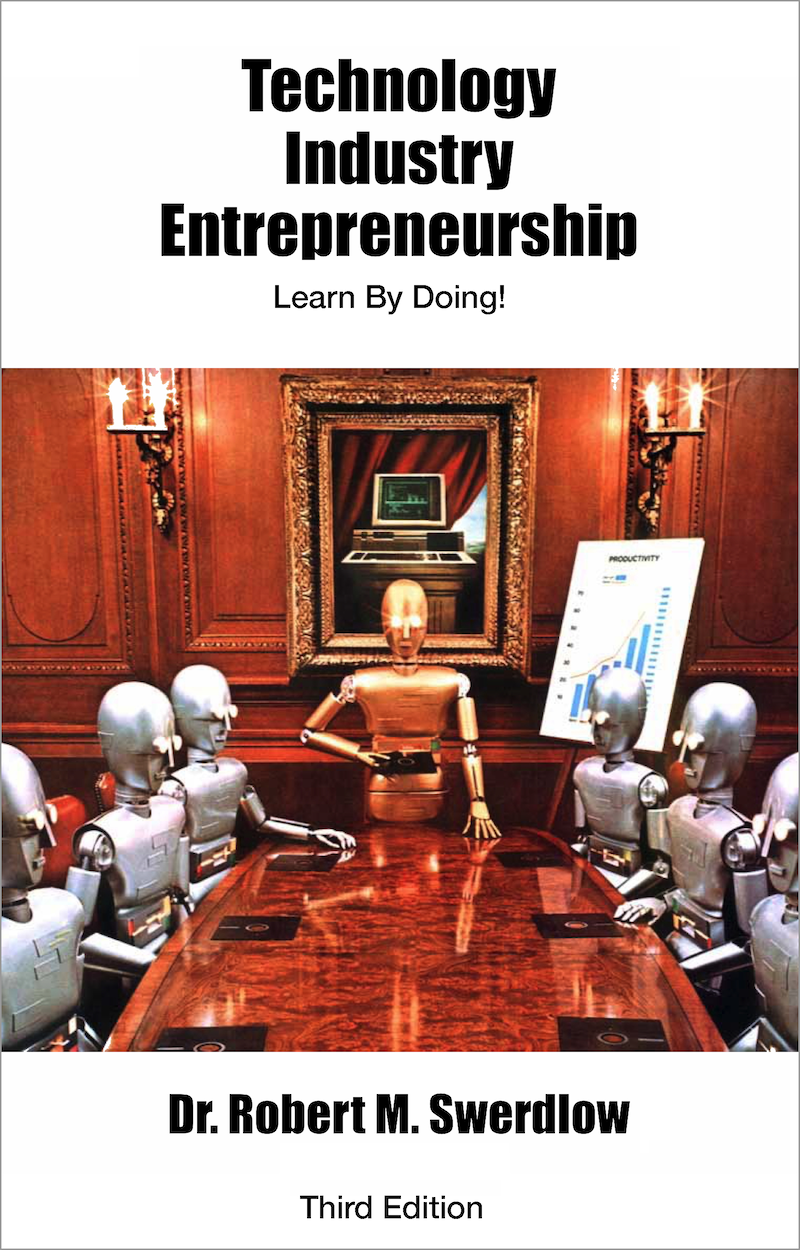With less than five percent of the world's population, the U.S. produces about 25 percent of its economic output. Our nation makes, grows, builds, sells, buys, and uses more goods and services than any other country. Teach your students how we did it with . . . .
"I read it all this weekend! This book is exciting, fun to read and full of a wealth of information. Few texts have stimulated my imagination and wonderment like this one." P.K.L. Utica, NY
Technology: refers to all of the techniques that people have developed over time in order to serve human needs. Some of these techniques are rather simple, while others are quite sophisticated. Some have made only minor impact on humanity, while others have had profound effects. Both early and present day technologies are discussed in Unit 1. Here you will also find a model to help you understand just about any technological event that you may come across, both now and in the future. A technology crossword puzzle is also part of Unit 1.
Industry: is the institution in our society that is responsible for producing the goods and services we all desire. It utilizes people, money, machines, and materials, plus the vast fund of technological knowledge that we have accumulated during our relatively brief existence on this earth. It produces these goods and services in return for a monetary profit. Industry has done more than just meet the material needs of our people. It has played an important part in the shaping of our nation and our culture. Providing you with a conceptual framework for understanding contemporary industry is the goal of Unit 2. A comic book format is used to help achieve this goal. Unit 3 then serves to expand upon and reinforce the conceptual framework of industry.
Entrepreneurship: deals with the formation of new, small business enterprises. This is important to our society. New businesses are a major source of inventions, innovations and new jobs. Entrepreneurs are the men and women who organize and manage these new businesses, and assume the risks and rewards of our free enterprise system. In Unit 4 you will have the opportunity to compare your own personality traits with those of entrepreneurs in our Entrepreneur Hall of Fame. You'll also learn something about entrepreneurial skills and how to write a business plan.
Simulation: is the subject of Units 5 and 6. Simulation is a technique that allows us to examine something that would be difficult to study directly — in this case a real-world business enterprise. Unit 5 provides complete instructions for setting up and running a company of your own. Selecting an appropriate good or service for your company to market is the subject of Unit 6. Technology, industry and entrepreneurship all come together again in Units 7 through 18. Things that you need to know in order to successfully operate any business enterprise, whether real or simulated, are covered here. More importantly, a variety of interesting activities are provided which will allow you to learn about technology, industry and entrepreneurship by actually doing TECHNOLOGY•INDUSTRY• ENTREPRENEURSHIP.
Please click below for additional information about this item including a full Table of Contents and a Google Visual Preview:
View Contents and Preview
